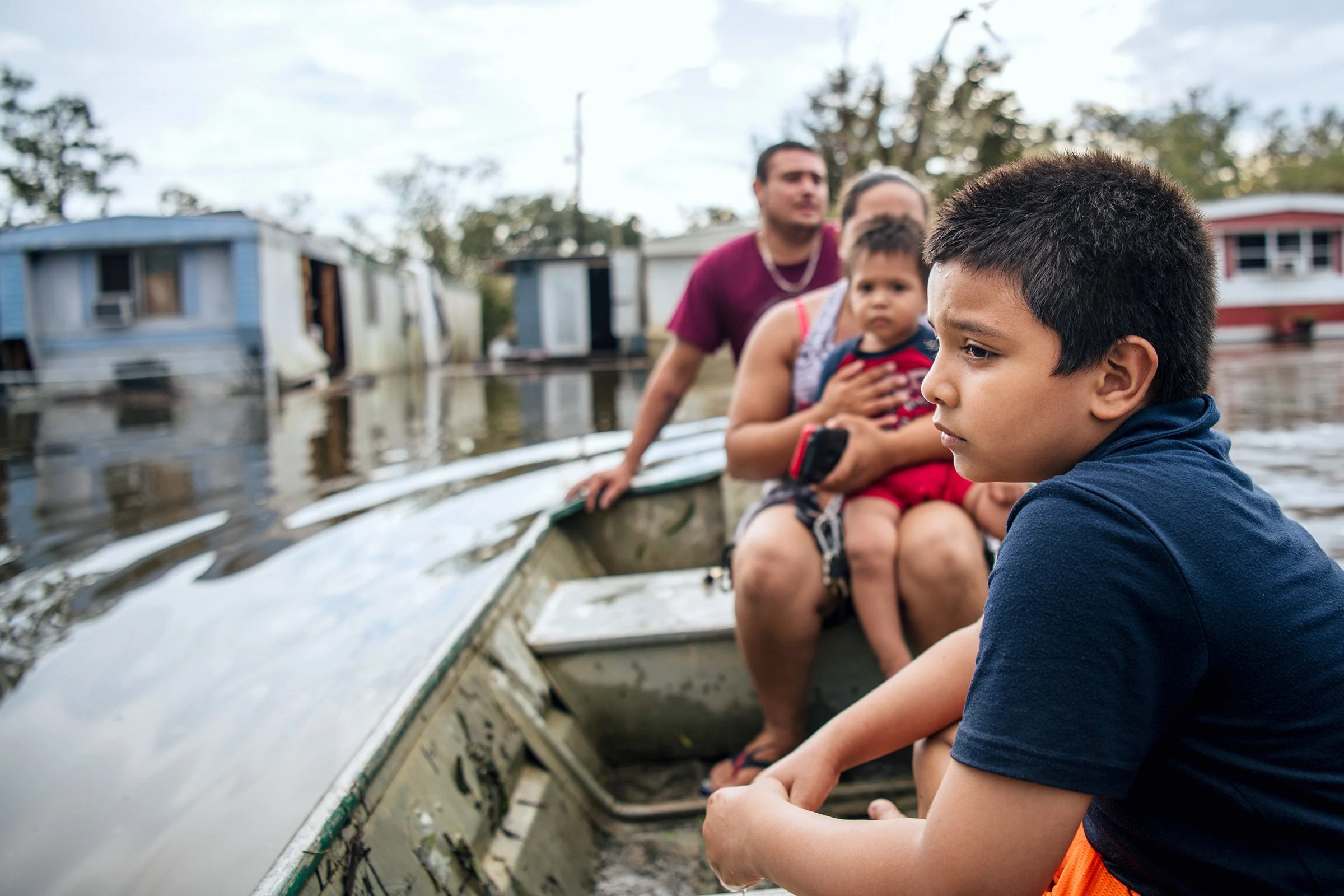Released amid record-breaking temperatures and rising seas, the survey reports an alarming decline in perceived urgency.
Archived version: https://archive.ph/WzxgU

Tbh I’m just so tired of it, my whole life I’ve been warned about this constantly, non stop, and nobody with any power does anything effective ever.
I do all my little environmentally friendly things and they’re all just routine now. I rarely even bother to read about it anymore because its so depressing and I’ve been told lie after lie after lie that this policy will help and that regulation will be great and and these new laws will counteract it and then… Nothing, just right back to destroying this pale blue dot

What am I supposed to do? Live in a perpetual anxiety attack? Instead I choose to accept I’m one of the last living humans before the atmosphere turns to acid, or skittles, or whatever the fuck.
But hey, line go up.

What’s the youth supposed to do? They’ve been mocked and cursed and attacked and arrested for participating in climate action, and the people in charge are continuing on their slow and unsteady curse. We’ve had many decades of warnings with increasing urgency and nobody cared enough, what’s the point of focusing on the youth when they’re the least responsible for the state of the world?

There’s a huge difference in how people process/accept/protest when the conversation changes from “if we keep doing what we’re doing, we’ll kill the earth” to “the earth is already fucked, best of luck.”
There’s a certain point where optimism degrades into hopelessness.

I mean, we keep hearing breathlessly alarmed articles about how “this year is a tipping point!” and “if we don’t do X by next year it’s all over!” And then those dates pass, and either new dates are announced or they’re just forgotten about.
Crying wolf means that when the actual wolf comes nobody pays attention any more.
We are beyond the tipping point. Just look at this year. We have floods that are dumping in days what used to take months, and we have droughts never seen in the modern age.

Well, there you go. How can you expect people to pay attention when you’re telling them there’s nothing they can do?
That’s not what I’m saying. We are past the point of being able to reverse the harm already done, but we can still limit the future harm. And that is critical. The current world is still livable, alternative is portions of the world becomes unlivable.
And who knows, maybe some future tech will make possible what is impossible today.

That’s not a “tipping point”, then. Being past a tipping point means that future harm is unavoidable.

Future harm is unavoidable. There is worse future harm avoidable. It’s really not that hard of a concept.
Shit is already gonna be bad, but we can prevent it from becoming really bad.

Something needs to be done about the greedy oil industry lobbyists who have far too much influence over… well… everything.
For example my spouse and I wanted to replace our oil heater with an electric heat pump + solar panels for our small house. The problem is the electric heat pump/installation is prohibitively expensive. It’s far cheaper and more convenient to get a new oil or gas furnace.
We hope to save and get one anyway, but it won’t happen for a long time even if we have zero emergencies.
The oil companies are lobbying against subsidies/incentives for new tech like this because it cuts into their profits. It’s frustrating that the average person can’t make meaningful change because we can’t afford to. All thanks to the market being controlled by the oil companies.
Sorry for the rant. This is just one little piece of the big picture that I’ve personally run into and it royally pisses me off. Like you said new tech is vital to future harm reduction, but accessibility to currently available green tech is important too and the financial barriers to it is something we should focus on as well.

It’s the difference between what they can do and what they’re willing to do. Future generations will think us fools.


